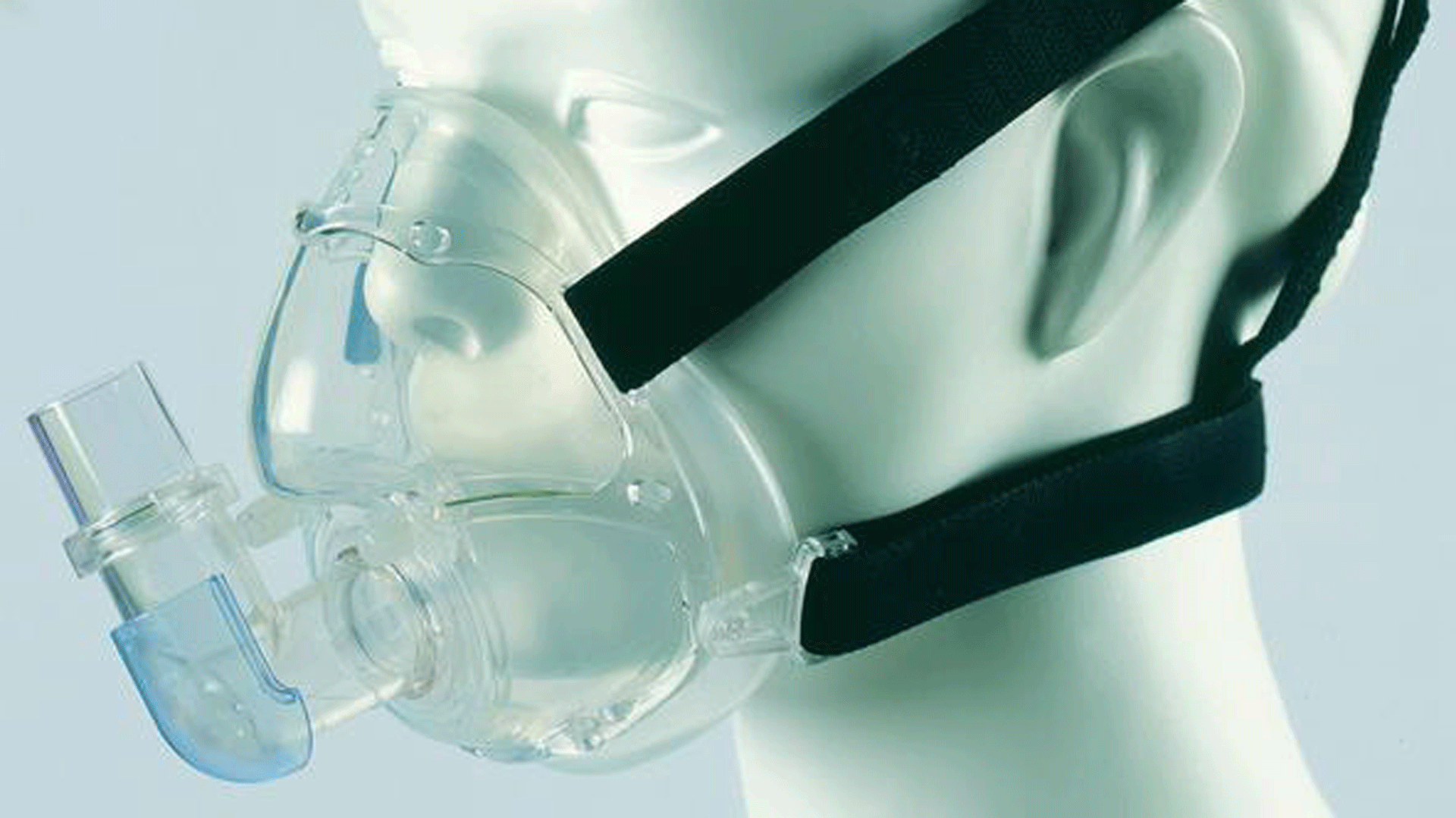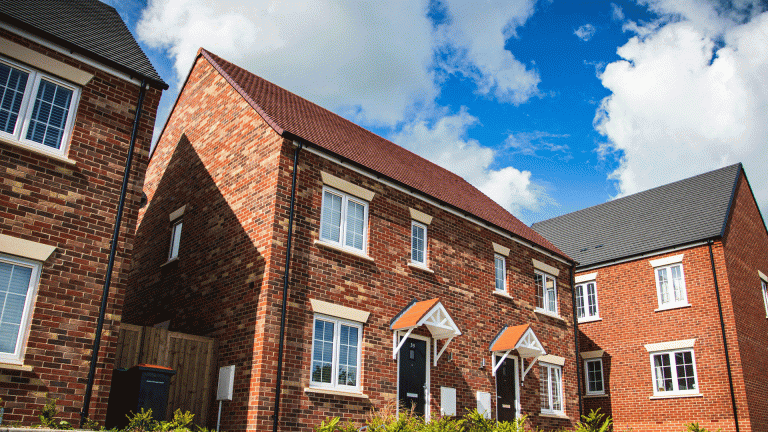I’ve been diagnosed with sleep apnoea. It’s a condition that causes you to stop breathing in your sleep. I know what you’re thinking: don’t you die if you stop breathing? Well, I’m no doctor, but I think you need to stop breathing for a good couple of minutes to be properly dead.
Sleep apnoea generally interrupts your breathing for just a moment or so, causing you to wake up, adjust your sleeping position and drift back off again without even noticing. The worst symptom is that you feel really tired in the daytime. Even if you think you’ve had a good eight hours, you have, in fact, been awake on numerous, imperceptible occasions. An interrupted sleep like that can leave you not only knackered but – according to the NHS website – irritable and unable to concentrate for long periods.
These are all symptoms that are more than familiar to me. So, something had to be done. The GP put me onto a local ‘Sleep Professor’ who established that I was a big night-time snorer. This, he reckoned, was a dead giveaway in apnoea sufferers.
Most apnoea is caused by an obstruction in your airways which tends to grow as you reach middle age and your once beautiful head slowly transforms into a twisted, lumpy mutation, both inside and out.
The prof sent me a test in the post: it required me to stick two small tubes up my nostrils and strap a heart monitor around my chest at bedtime. In the morning, I sent it back to him in the box it had arrived in.
A few days later, he called to give me the bad news: I was balls deep in sleep apnoea. But the good news was that he had a cure: a swishy-looking breathing device (real name, CPAP machine) which gently blows air up your nose while you sleep to keep the old lungs and heart functioning properly throughout the night.









